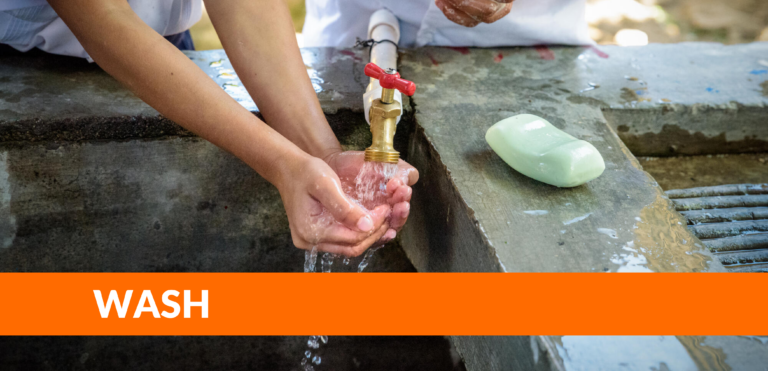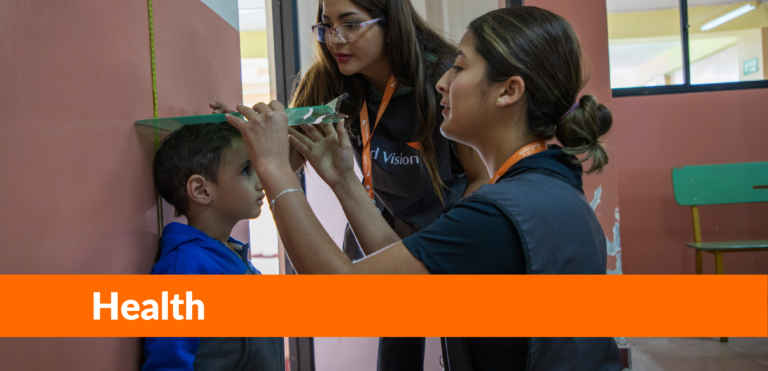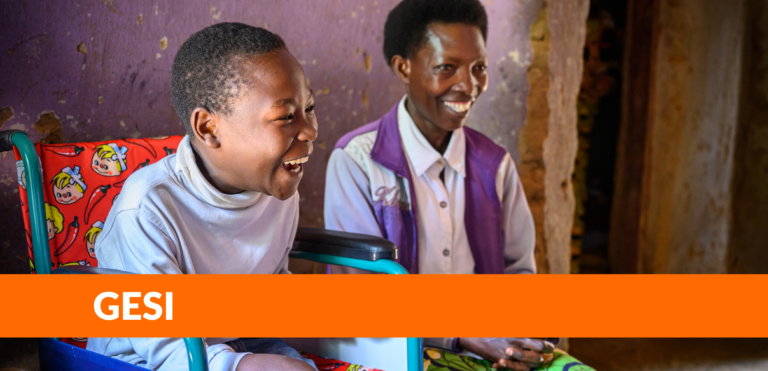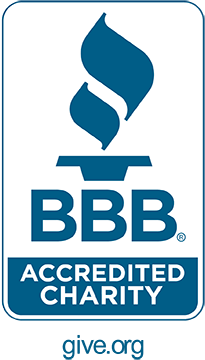WASH
89 resources found

Sanitary inspection, microbial water quality analysis, and water safety in handpumps in rural sub-Saharan Africa
Abstract: In sub-Saharan Africa, over half of the population is exposed to contaminated drinking water. The WHO recommends both sanitary inspection and water quality analysis to assess the risk of water source

The role of piped-water supplies in advancing health, economic development, and gender equality in rural communities
Abstract: In rural areas of sub-Saharan Africa, one in eight households obtain drinking water from a piped system; the rest fetch water from improved and unimproved sources located at some distance from their

Environmental conditions in maternity wards: Evidence from rural healthcare facilities in 14 low- and middle-income countries
Abstract: Adequate environmental conditions, comprising sufficient environmental hygiene items (e.g. gloves, soap, and disinfectant), adequate infrastructure (e.g. sanitation facilities, water supply), a clean environment, and hygienic behaviors in healthcare facilities (HCFs) are

Factors associated with water quality, sanitation, and hygiene in rural schools in 14 low- and middle-income countries
Abstract: Improving access to water, sanitation, and hygiene (WaSH) and menstrual hygiene management (MHM) in schools is important to achieve Sustainable Development Goals (SDGs) 3 and 6. Inadequate WaSH and MHM in schools adversely affect

Somalia Groundwater Monitoring Project Summary
The WASH Accelerator Fund is a strategic funding initiative to accelerate and deepen achievements under World Vision's 2021-2025 Global Water, Sanitation, and Hygiene (WASH) Business Plan. Motivated by learnings from a smaller

Mali WASH in Healthcare Facilities Project Summary
The goal of the Water, Sanitation, and Hygiene (WASH) in Healthcare Facilities project was to provide 100% of 40 healthcare facilities in the Kolokani and Koro districts in Mali with sustainable WASH

Kenya Rapid+ WASH Project Summary
The Resilient Arid Lands Partnership for Integrated Development plus (RAPID+) is a five-year program convened and led by the Millennium Water Alliance (MWA). The program's primary funding is from the Swiss Agency

GESI Reference Guide: GESI and WASH
Water, sanitation, and hygiene (WASH) programs will not achieve World Vision’s mission or the Sustainable Development Goals if we exclude the most vulnerable. WASH approaches need to be informed by World Vision’s

GESI Promising Practice: Zimbabwe WASH UP! Girl Talk
This document presents WASH UP! Girl Talk program as a promising practice in integrating Gender Equality and Social Inclusion (GESI) to Water, Sanitation and Hygiene (WASH) programming in Zimbabwe. WASH UP! Girl

WASH Business Plan: Year in Review 2022
Our Roadmap to Impact: 2022 Year in Review is World Vision’s annual report on progress toward the goals of the global 2021-2025 water, sanitation, and hygiene business plan. This report is a




